Have incomplete and poor quality AAA games making it to store shelves become the industry standard? Developers and publishers are seemingly fixed in the act of fleecing us video gamers through unfinished games, shifty pre-ordering schemes, excessive microtransactions, and expensive DLCs.
And yet, many gamers continue to buy them. It’s as if they’ve replaced their financial discipline and personal choice with consumerism and pretentious entitlement. Oh, wait…
These are both sides of the same proverbial coin, and each gives the other its’ reason for existing. What can be done to fix these deplorable issues? Let’s take a look at some of the provoking factors and a couple of possible solutions.
The Beginning
“Protect your horse from danger with this beautiful handcrafted armor.” That was an advertising line for “The Horse Armor Pack” released in 2006 for The Elder Scrolls: Oblivion. With that pack, Bethesda launched DLC and microtransaction schemes and lit the firestorm of gamer rage burning across cyberspace even today.
Why the hate? The horse armor only did two things: gave horses a slight increase in hit points, to fake the effect of the armor as a protective item, and made horses a tad nicer to look at. Both are effects that could have been included in a patch, worked up by modders, and made available for free. But Bethesda chose to sell the horse armor for $2 – $2.50. It sold, and sold well, for many years.
Earlier this year, a gameindustry.biz article stated,
“The thing is, for all the gnashing of teeth and outrage and mockery Oblivion’s Horse Armor attracted, there’s fundamentally not that much different about it than the sort of DLC some companies base their entire business models around these days…These days, people spend more money on dumber stuff online all the time.”
In 2013, Aliens: Colonial Marines (SEGA) released after a lengthy and rocky development cycle. The game was an utter travesty. It will forever stand as proof of what happens when developers and publishers hype and outright lie to the public in order to make a buck.
Were any lessons learned from the ACM debacle? It wouldn’t seem so. In 2014, a slew of video games were released that were terrible in both shape and function: Watch Dogs (Ubisoft), Destiny (Bungie), Assassin’s Creed Unity (Ubisoft), and Halo: The Master Chief Collection (Microsoft Studios). Collectively, these games were woefully incomplete and unpolished at launch but were still sold at full price. Moreover, they kept battering players with microtransaction offers, and simply failed to offer the quality of gameplay the hype promised they would offer.
Problems
One of the biggest video game disasters of 2015 happened with the release of the PC port of Batman: Arkham Knight (Rocksteady Studio). At launch, the game was so glitchy and crashy that publisher Warner Bros. eventually pulled it off the market. Four months later, the game returned, only to subject gamers to many of the same problems it had previously which caused Rocksteady Studio to finally admit that the game simply couldn’t be fixed. It also came to light that Warner Bros. knew of the problems with the game but decided to release it anyway.
DLCs and season passes have been giving and getting harsh treatments of late. However, they often provide a necessary benefit despite their perceived problems.
When Star Wars Battlefront launched, its season pass announcement contained the bare minimum of information but loudly stated the $50 price tag up front. That was on top of the $40 price for the Origin PC download Standard Edition and on top of the $100 price tag if you bought the Ultimate Edition.
But, are you also aware the final season pass installment is currently scheduled to drop “early 2017”? In fact, it doesn’t even have a title yet, nor is there public information about what it will contain. You probably know by now that video games rarely make their initially scheduled release date and are often delayed. If they do make their initial release date, they generally feel rushed, resulting in a buggy, broken, and/or highly unsatisfying experience.
If you bought SWB, here’s your reality: you’ve paid full price for an incomplete product: one that isn’t scheduled to be finished until at least a year from now. You really have no idea if it will have the content and fun factor you deem worthy of paying the full price for. Hell, you don’t even know if you’ll still be alive then.
The release date for Deus Ex: Mankind Divided (Square Enix) came with the announcement of the ‘Augment Your Preorder’ scheme that included five tiers of preorder bonuses. The premise was that if enough people preordered DEMD to progressively unlock each tier, the game would be released a whole four days early after tier five had been completed.
However, blatantly missing from the announcement was a vital piece of information: exactly how many preorders were needed to unlock each tier. As PC Gamer stated, this scheme was nothing more than a “you won’t get this content if you don’t preorder” blackmail attempt, and gamers quickly and loudly called Square Enix out on it. Thankfully, Square Enix listened, and finally cancelled the preorder scheme, and said they will make all DEMD preorder content available on release day.
More Problems
Now, with all that being said, not all of the fault lies with video game creators. A whole half of the blame for the continuation of the current dire state of video games lies with everyone who buys them. You can type your furious gripes and CAPS and redundant exclamation marks on every forum and social media site from here to eternity, and about the only thing you’ve accomplished is some finger exercise. There’s only one thing you can be absolutely certain game devs and pubs consider, and that’s when you pay (or don’t pay) for their products.
Look again at the Oblivion horse armor example. If its success had been solely based on the ruckus the Internet threw at it, it would have failed quickly. The now-standard ideas of DLC and microtransactions may have also died with it. However, it succeeded based on how well it sold, and DLCs and microtransactions are alive and well today for the same reason.
Solutions?
Okay, enough blame game. What’s the solution? How can we create the optimum business ideal that allows game makers all they need to make complete and high quality video games without fleecing their gaming clientele? How can gamers better convey and enforce displeasure with substandard games before spending any hard-earned cash on them?
Honesty. Yes, I’m aware how coo-coo and cliche that sounds. Seriously, both sides of the problem need to pull their collective heads out of their collective rear ends and get busy being honest – with themselves, and with each other.
On one hand, game devs and pubs really need to take a cue from indie video game creators and get gaming back to one prime purpose: fun. If the principal reason is making money (for the company, for shareholders, etc.), then that is what’s wrong with the system.
Sound hokey? Probably. Impossible? Not at all. Indie games are proving that every day. It was also proven way back in the day when video games were published in a complete and finished form, didn’t need launch day patches, and weren’t built on a nickel-and-dime-you-into-poverty business model.
On the other hand, we as gamers need to start voting with our money instead of our mouths. I can’t tell you how many forum posts I’ve read where someone says they feel they have no choice in what video game content they buy. That’s utter nonsense, of course, and must be realized by being honest. We have a choice, no matter how powerful the desire is to get that next game, or that next DLC, or that practically useless horse armor.
This is a complicated topic, and certainly can’t be fully covered or fixed by one person and one article. I think I’ve addressed some fundamental problems, in hopes of triggering conversation that will address and potentially fix them. So, please sound off with your thoughts in the Comments section below, and let’s work together to keep the fun factor in the world of video gaming.

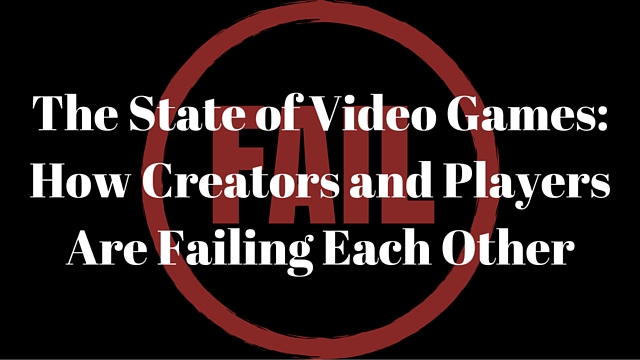
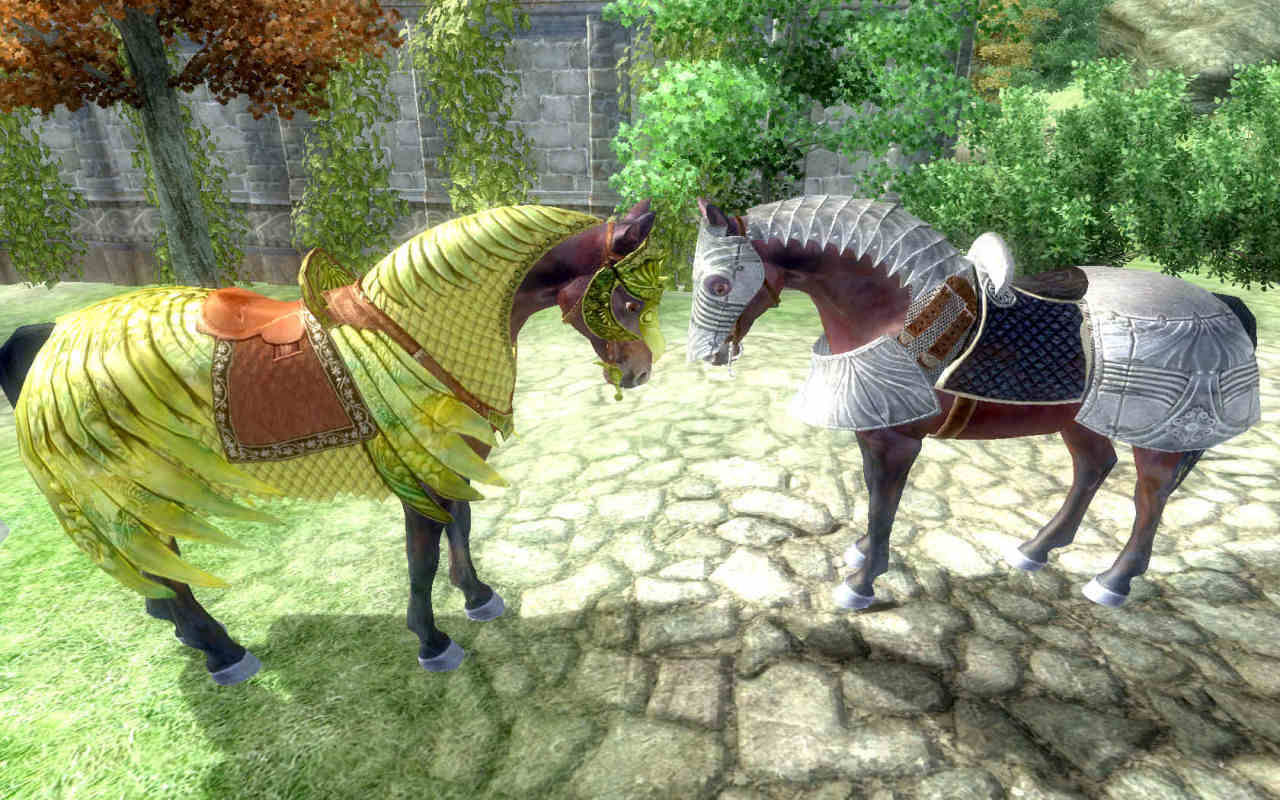
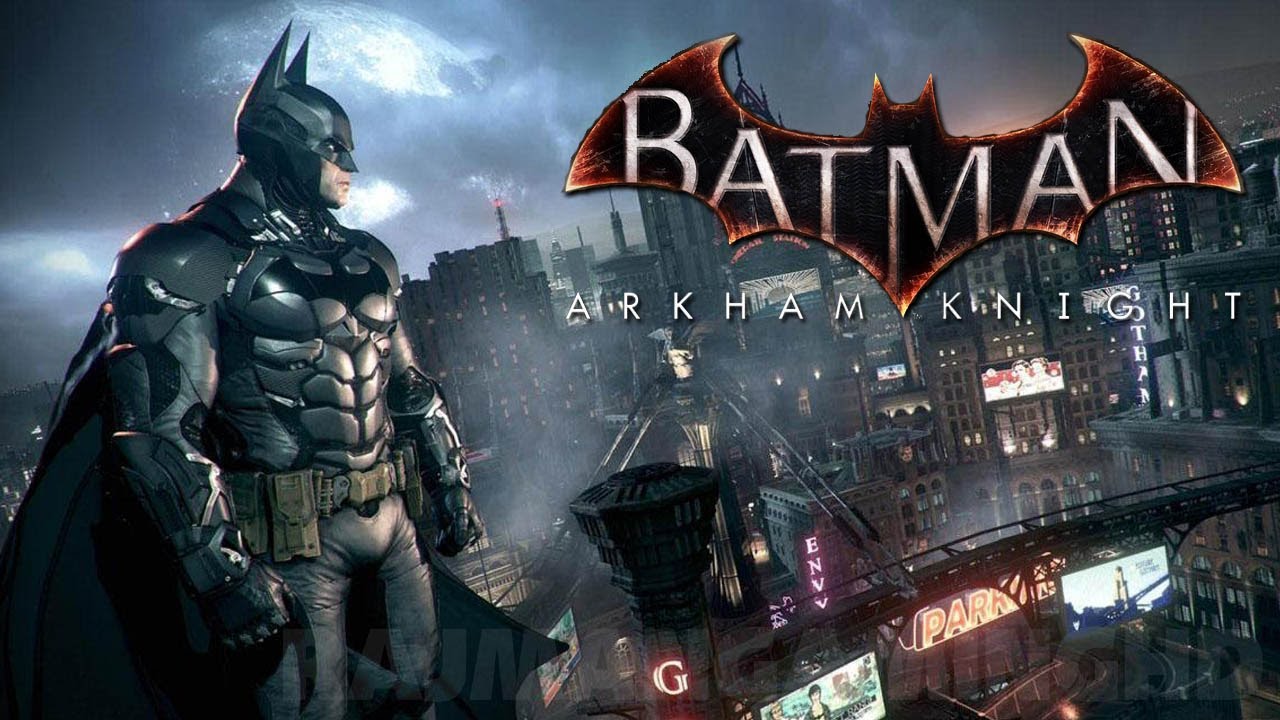
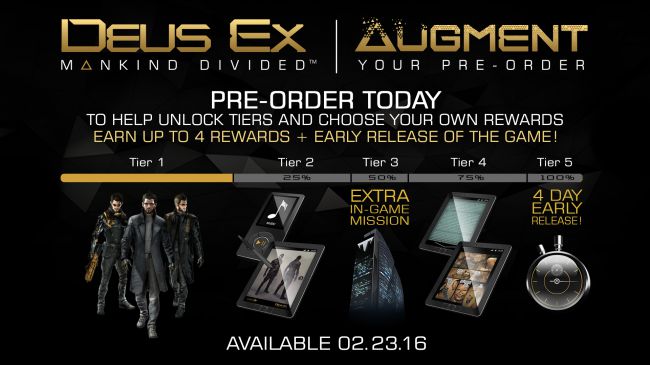
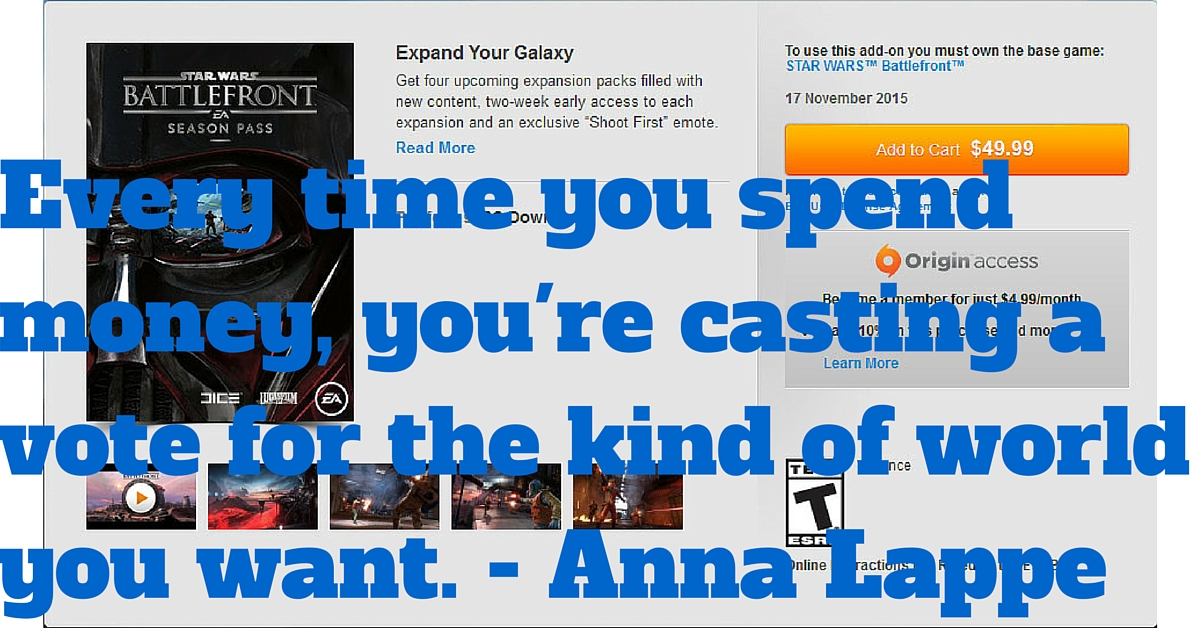





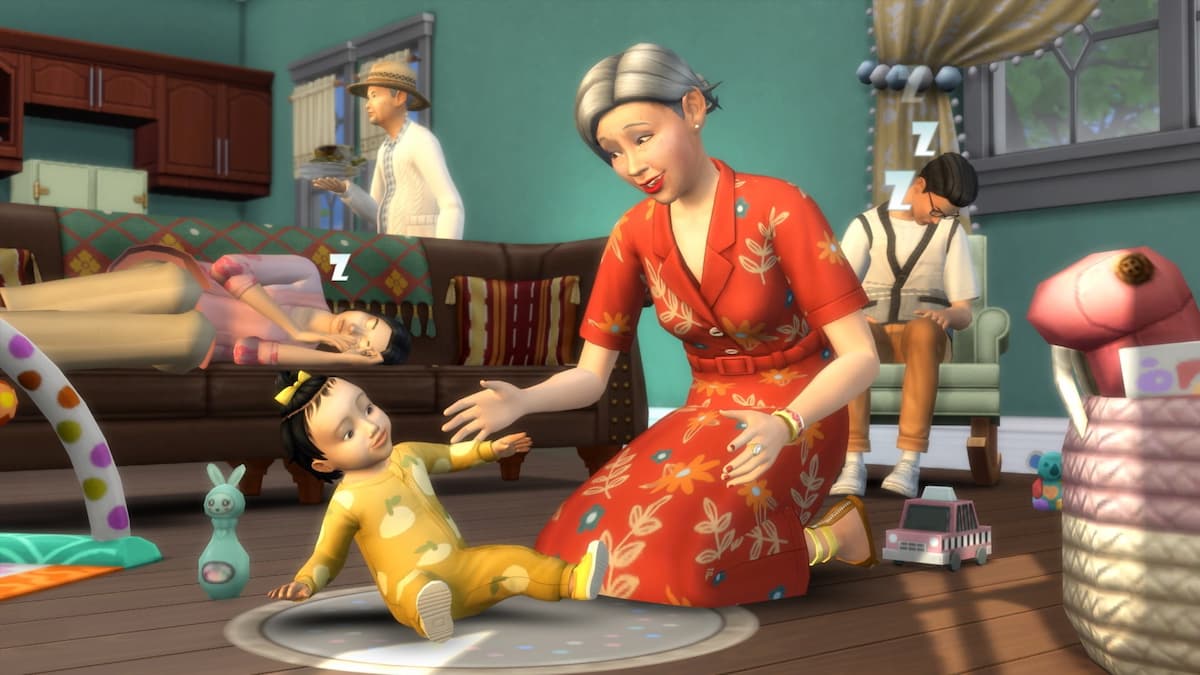
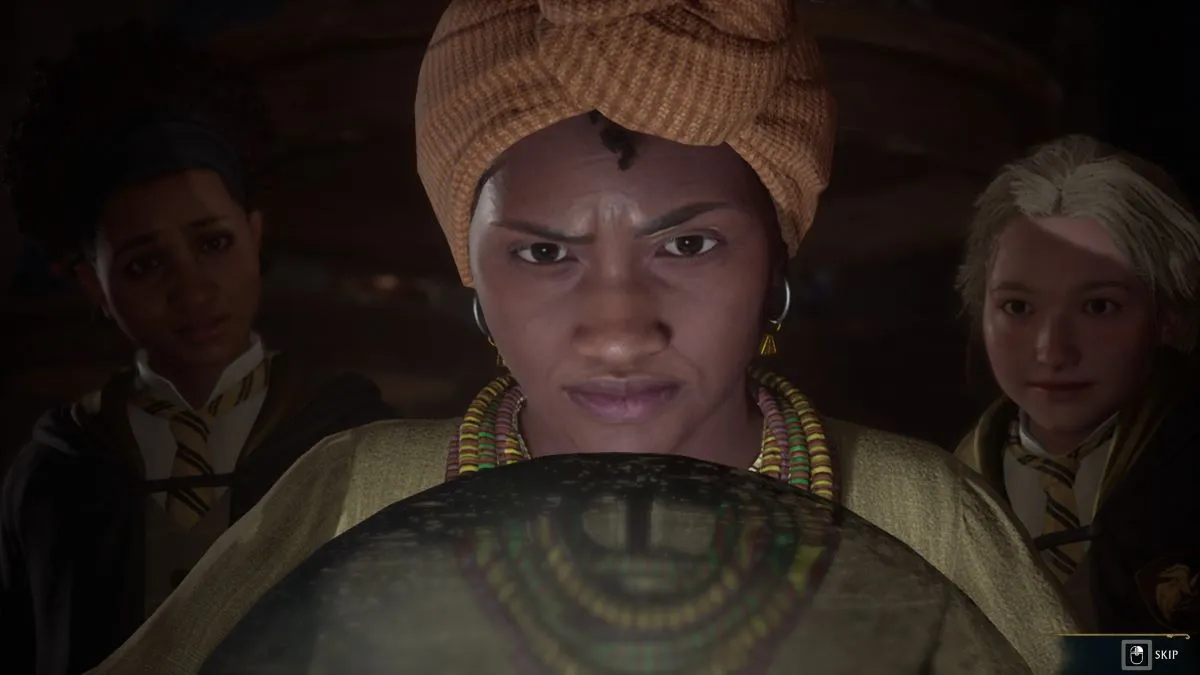
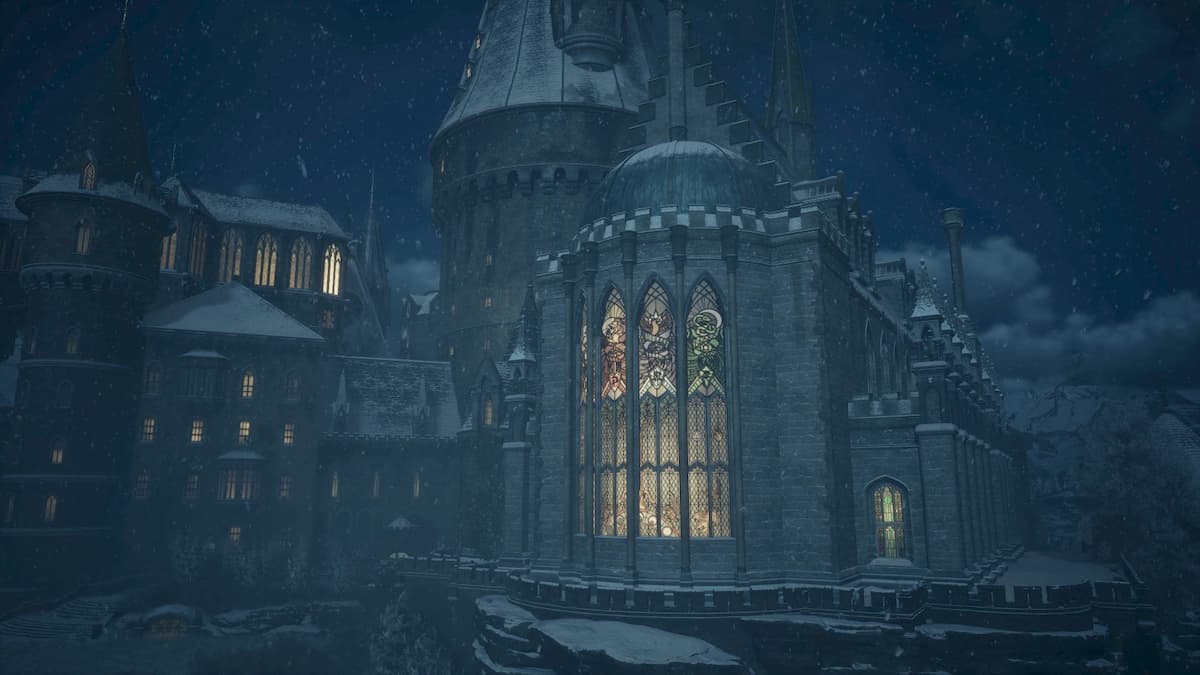
Published: May 11, 2016 11:53 am